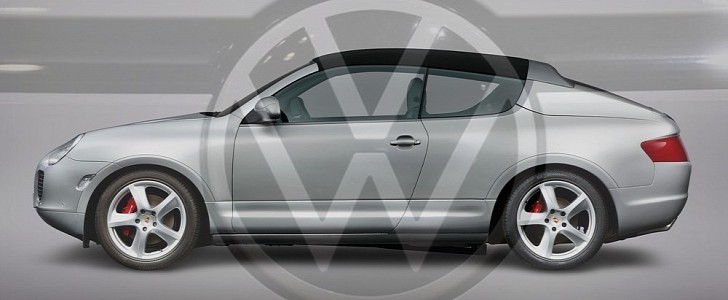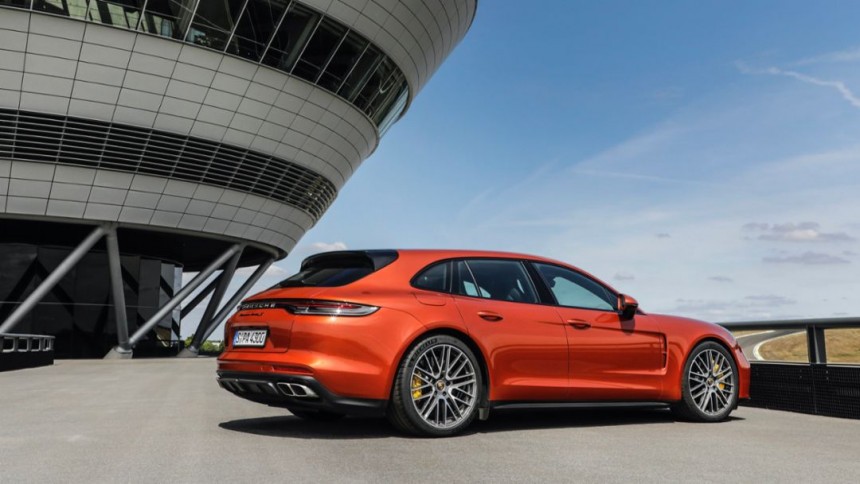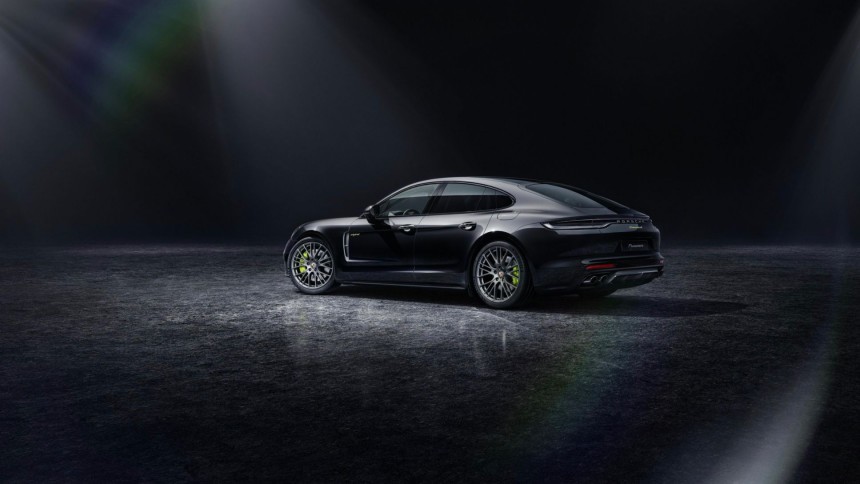Back on February 24, 2022, Volkswagen AG announced that an assessment would be done on the feasibility of potentially taking Porsche AG public through an initial public offering (IPO).
Porsche AG is controlled by Volkswagen AG, the largest automaker in Europe regarding sales and the second largest in the world. Porsche SE, the holding company owned by the Porsche family, in turn, owns 31.4% of Volkswagen and also claims more than 50% of voting rights distribution.
The announcement envisaged the IPO shaping up in this way: Porsche AG shares would be divided in half with 50% being preferred shares and 50% designated as ordinary shares. Up to 25% of the preferred shares would be placed on the market in the IPO. Porsche SE would purchase 25% of the ordinary shares plus one at the placement price from Volkswagen AG's preference shares, plus a 7.5% premium.
Volkswagen AG would continue to hold a majority stake in and include Porsche AG in its financial statements.
“The Group’s Board of Management believes that a possible IPO of Porsche would be an important next step in the successfully launched transformation of Volkswagen into a vertically integrated mobility group and leading provider of software-based and emission-free mobility.”, the announcement read.
It is widely thought money raised from the IPO would help fund Volkswagen's push toward electric mobility. The spinning off of the Porsche brand could reach a valuation of 90 billion euros ($91.9 billion) and provide a huge cash windfall to Volkswagen. It was thought that Porsche would flourish existing beyond the stretch of VW's oversight that includes unions, workers' board representatives, politicians, and the Porsche and Piech families as shareholders.
However, the announcement drew lukewarm reactions from investors concerned about Volkswagen maintaining governance over Porsche.
To make matters worse, Volkswagen abruptly fired CEO Herbert Diess back in July with the company blaming him for the software issues that delayed the launch of some Porsche, Audi, and Bentley electric vehicles. Diess was appointed CEO to navigate the company out of the Dieselgate scandal that began in 2015. He was not of Volkswagen ilk, but Volkswagen thrived under his command and reported strong first-half sales numbers just prior to him getting the ax.
The move was viewed as untimely, and unwarranted and was simply one more issue to give investors pause in getting excited about the upcoming IPO. If investors were looking for autonomy and stability within the organization as a whole, the next move would absolutely confound them.
Shortly after the departure of Diess, the Supervisory Board of Volkswagen AG appointed automotive industry veteran Oliver Blume to the position of Chairman of the Group Board of Management. The name was very familiar to those in the automotive manufacturing world; Blume had held the same position at Porsche AG since 2015!
He will not relinquish his title at Porsche AG like any savvy industry observer would expect in the wake of the potential IPO and concerns expressed by investors. Surprisingly, the Supervisory Board appointed him to lead both Volkswagen AG and Porsche AG.
While Blume knocked it out of the park in terms of leading Porsche into the electric vehicle era, the move is bad at best. Blume's presence may give Porsche a bigger voice within the VW ranks, but more likely will create division within the company when it comes to decisions on investments in new technologies and product development. The appointment of Blume to head both companies undermines the possibility of Porsche operating independently.
Regardless of how bad the optics are, it is a reach to think a chairman could successfully lead two separate entities without prejudice toward one or the other. One also has to wonder how he will adapt to going from a niche market manufacturer to a global mass-market behemoth.
At some point, the powers-that-be within the organization need to place more focus on a succession plan at Porsche before considering an IPO if they expect to achieve their valuation objective.
There is a great deal of chatter out there ranging from family demands about minimum valuations to securing anchor investments from the Middle East that reeks a bit like precarity at sea.
Either let it go and rely on the strength of the popular Porsche brand or, revisit it when the ship has been righted.
The announcement envisaged the IPO shaping up in this way: Porsche AG shares would be divided in half with 50% being preferred shares and 50% designated as ordinary shares. Up to 25% of the preferred shares would be placed on the market in the IPO. Porsche SE would purchase 25% of the ordinary shares plus one at the placement price from Volkswagen AG's preference shares, plus a 7.5% premium.
Volkswagen AG would continue to hold a majority stake in and include Porsche AG in its financial statements.
“The Group’s Board of Management believes that a possible IPO of Porsche would be an important next step in the successfully launched transformation of Volkswagen into a vertically integrated mobility group and leading provider of software-based and emission-free mobility.”, the announcement read.
However, the announcement drew lukewarm reactions from investors concerned about Volkswagen maintaining governance over Porsche.
To make matters worse, Volkswagen abruptly fired CEO Herbert Diess back in July with the company blaming him for the software issues that delayed the launch of some Porsche, Audi, and Bentley electric vehicles. Diess was appointed CEO to navigate the company out of the Dieselgate scandal that began in 2015. He was not of Volkswagen ilk, but Volkswagen thrived under his command and reported strong first-half sales numbers just prior to him getting the ax.
The move was viewed as untimely, and unwarranted and was simply one more issue to give investors pause in getting excited about the upcoming IPO. If investors were looking for autonomy and stability within the organization as a whole, the next move would absolutely confound them.
He will not relinquish his title at Porsche AG like any savvy industry observer would expect in the wake of the potential IPO and concerns expressed by investors. Surprisingly, the Supervisory Board appointed him to lead both Volkswagen AG and Porsche AG.
While Blume knocked it out of the park in terms of leading Porsche into the electric vehicle era, the move is bad at best. Blume's presence may give Porsche a bigger voice within the VW ranks, but more likely will create division within the company when it comes to decisions on investments in new technologies and product development. The appointment of Blume to head both companies undermines the possibility of Porsche operating independently.
At some point, the powers-that-be within the organization need to place more focus on a succession plan at Porsche before considering an IPO if they expect to achieve their valuation objective.
There is a great deal of chatter out there ranging from family demands about minimum valuations to securing anchor investments from the Middle East that reeks a bit like precarity at sea.
Either let it go and rely on the strength of the popular Porsche brand or, revisit it when the ship has been righted.








